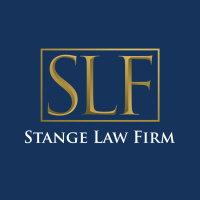Oilton Child Custody Lawyer, Oklahoma
Sponsored Law Firm
-
 x
x

Click For More Info:
-
Baker Law Tulsa, PLLC
5551 South Lewis Ave Suite A Tulsa, OK 74105» view mapDivorce & Family Law A Law Firm That Cares
Let Baker Law Tulsa, PLLC handle all your legal needs today!
800-828-0670
Includes: Guardianships & Conservatorships, Custody & Visitation
Jeffrey A Hensley
✓ VERIFIEDDivorce & Family Law, Child Custody, Child Support, Family Law, Custody & Visitation
Excellence. Experience. Results.
Mr. Hensley focuses his practice in family law which includes divorce, adoptions, Child Custody, Child support, Paternity, and guardianships. He grad... (more)
Stange Law Firm, PC
✓ VERIFIEDDivorce & Family Law, Child Custody, Child Support, Prenuptial Agreements, Paternity
Here to Help You Rebuild Your Life
Going through a divorce or family law matter can be an emotional time. You may feel betrayed, lost or overwhelmed. Having an attorney that can relate ... (more)
James C. Milton
Litigation, Trusts, Estate, Guardianships & Conservatorships, Contract
Status: In Good Standing
Judith A . Finn
Corporate, Elder Law, Employment, Guardianships & Conservatorships
Status: In Good Standing
Amber Lee Wade
Antitrust, Employment, Corporate, Child Custody, Power of Attorney
Status: In Good Standing
 Clifton Baker Tulsa, OK
Clifton Baker Tulsa, OK AboutBaker Law Tulsa, PLLC
AboutBaker Law Tulsa, PLLC


